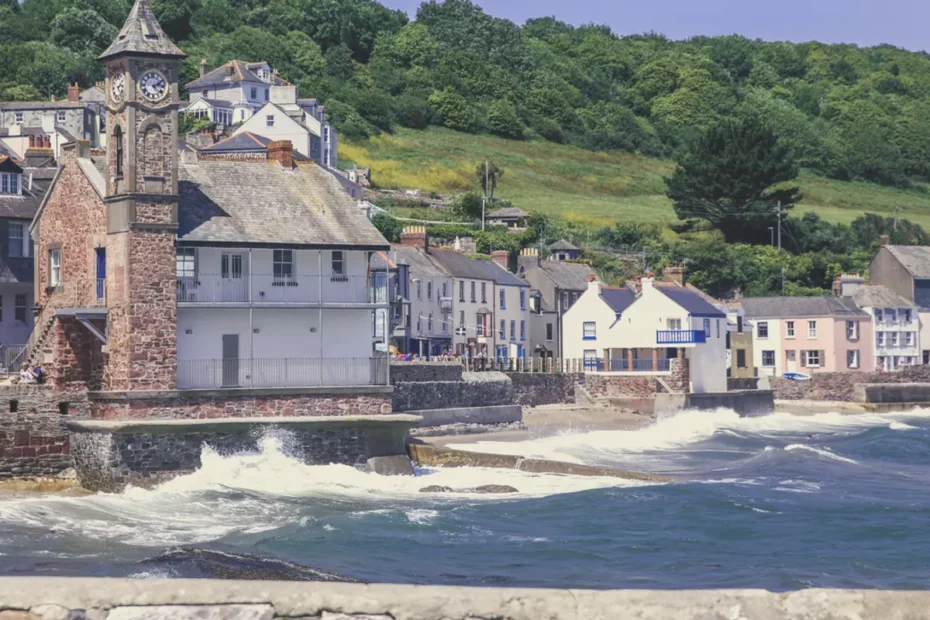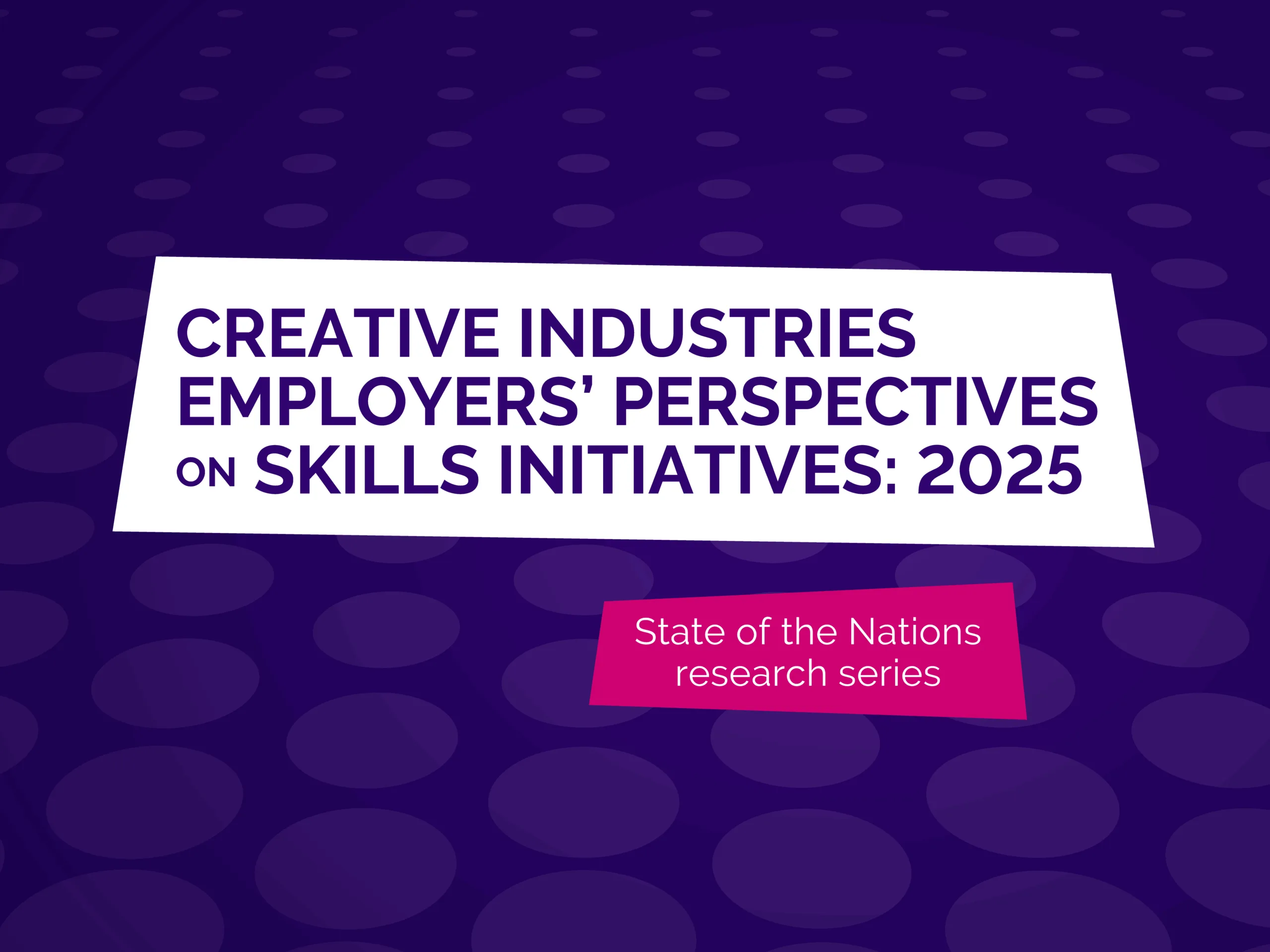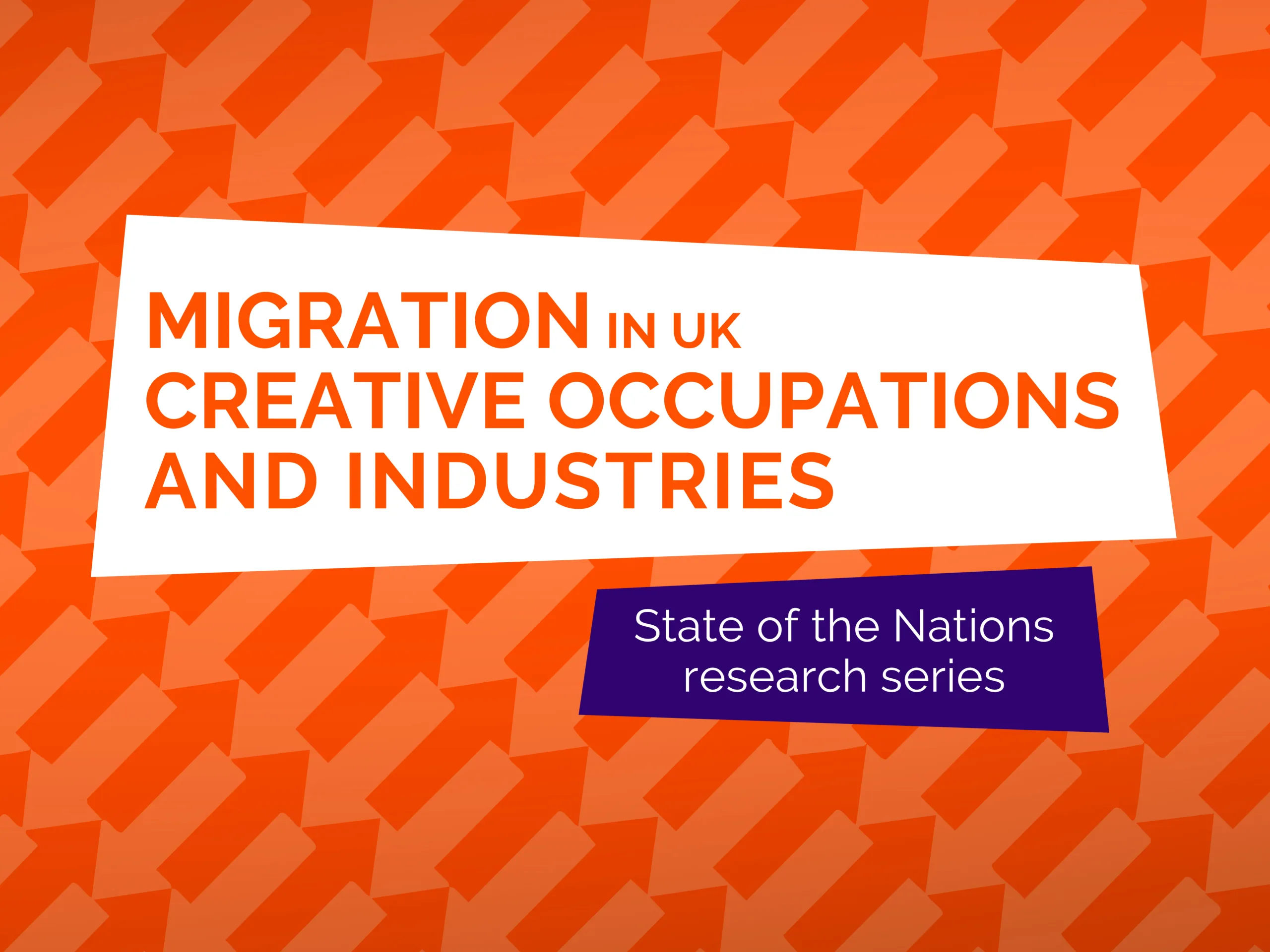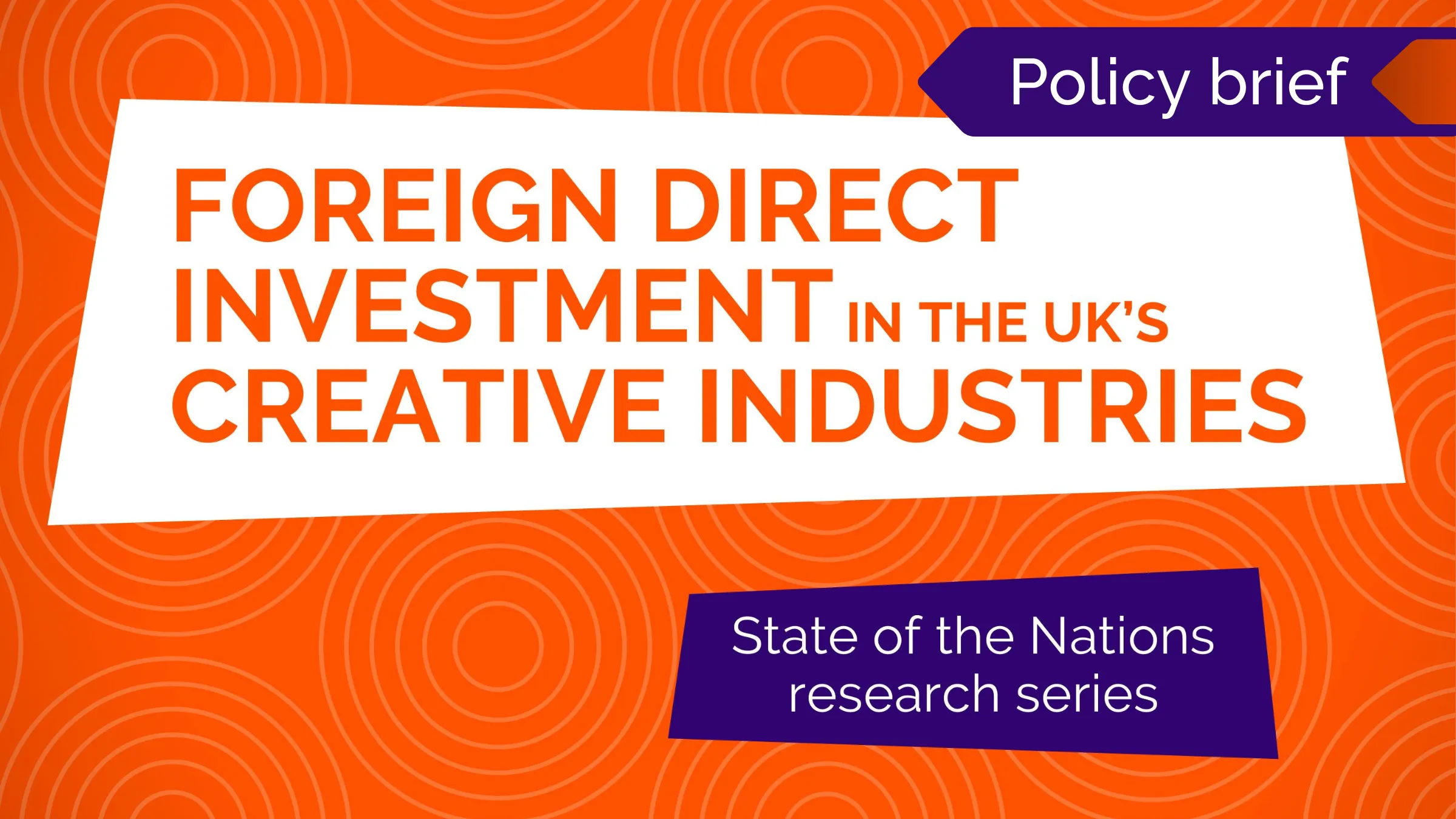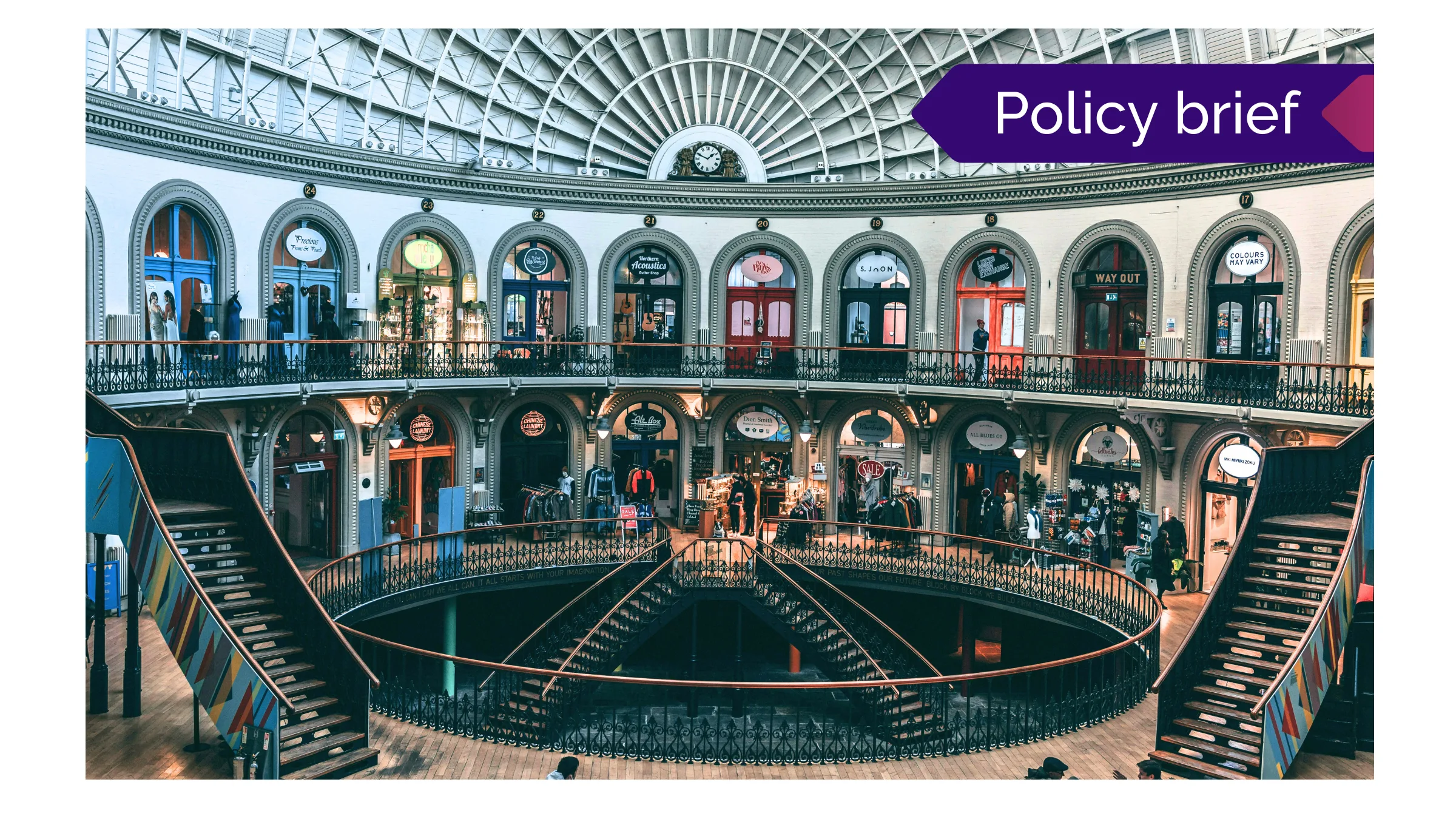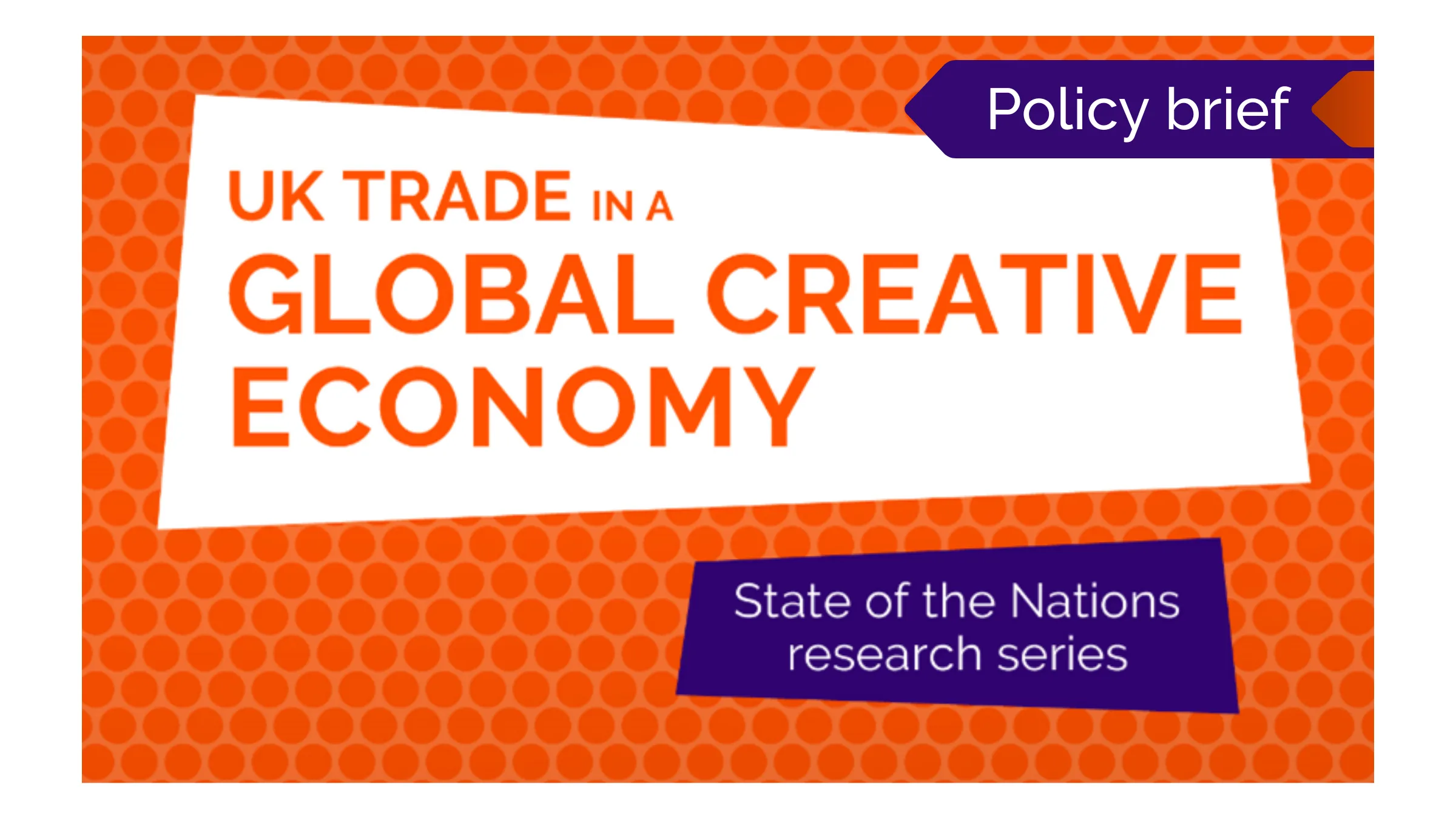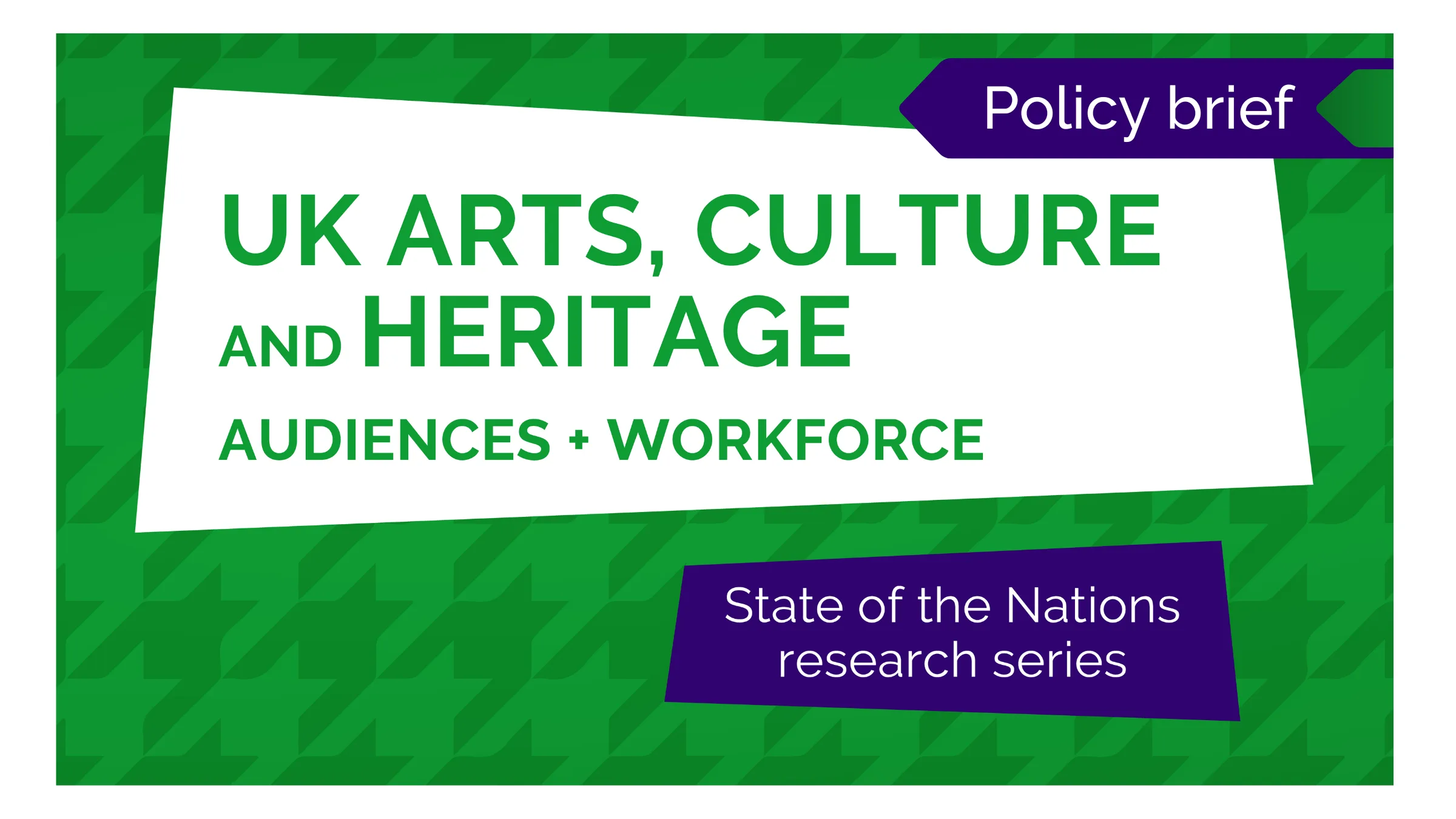This policy brief is based on a PEC Discussion Paper:
Creative Industries Innovation in Seaside Resorts and Country Towns
Pre-pandemic, research suggested that being located in intensive, largely urban clusters was beneficial to the growth of creative enterprises, leading to possible assumptions that dispersion and rurality are disadvantages. Policy interventions and funding followed, targeting creative industry businesses in geographical areas where they are at high density.
However, recent evidence suggests that rural and geographically dispersed creative industries have done relatively well during the pandemic. The PEC’s Creative Radar 2021: The Impact of COVID-19 on the UK’s Creative Industries showed that creative businesses located outside the major creative clusters were more likely to have added new employees, having increased their sales to the rest of UK. Building on this data and evidence is crucial to understand and deliver the policy intervention and funding needs of creative industries businesses in rural and coastal regions so they can generate the wider economic and social value that is associated with the creative industries such as high GVA and jobs growth for rural and coastal regions and communities.
This policy briefing draws on new qualitative research from the University of Exeter, funded by the PEC, into whether this recent data evidence rang true for rural and dispersed creative small and medium sized businesses (SMEs) in Devon and Cornwall, showing how future policymaking and investment might build on this in the Peninsula South West and similar rural and coastal regions of the UK.
Related Policy Briefings
Harnessing the growth potential of createch
This insights paper summarises existing evidence on the present opportunities and challenges in crea…
Policy Brief: Creative Industries Employers’ Perspectives on Skills Initiatives: 2025
Overview The Government’s new Industrial Strategy sets a long-term, sector-focused approach to skill…
Policy Brief: Migration in UK Creative Occupations and Industries
Overview The UK’s creative industries are internationally oriented, a fact that’s reflected in its e…
Policy Brief: Arts, Culture and Heritage: Recent Trends in UK Workforce and Engagement in England
Overview Five years after the Covid-19 pandemic, engagement and employment in the arts, culture and …
Policy Brief: Foreign Direct Investment in the UK’s Creative Industries
Read the Policy Brief based on the most recent State of the Nations Report on FDI.
Policy Brief: Insights from the Northern Creative Corridor Workshops Sprint
The Northern Creative Corridor is an initiative aimed at connecting creative clusters across Norther…
Policy Brief: International Trade and the UK Creative Industries
This policy brief examines international trade in the UK creative industries. Drawing on our UK Trad…
Policy brief: Audiences and Workforce in Arts Culture and Heritage
This policy brief uses census data to provide, for the first time, a comprehensive analysis of audie…
Policy Brief: Transitioning to Sustainable Production across the UK Theatre Sector
This policy brief outlines recommendations for transitioning to more sustainable theatre production …
Authors’ Earnings in the UK
This policy briefing sets out areas for possible policy action, proposed by the researchers at CREAT…
Television production, international trade and pressures to consolidate
The UK television production sector is one of Britain’s leading creative export sectors. This briefi…
Three ways to support growth in the creative industries
Three ways to support growth in the creative industries The Creative Industries are an economic powe…
